Southeast Asia consists of eleven countries located south of China and north of Australia, all of which are mostly peninsula regions and islands located on the Indian Ocean. These countries are Indonesia, Philippines, Vietnam, Thailand, Myanmar (Burma), Malaysia, Cambodia, Laos, Singapore, Timor-Leste (East Timor), and Brunei Darussalam. While each of these countries offers specific LGBTQ+ laws and rights regarding economic inclusion, I will be focusing on four countries. These are Philippines, Indonesia, Laos, and Cambodia.
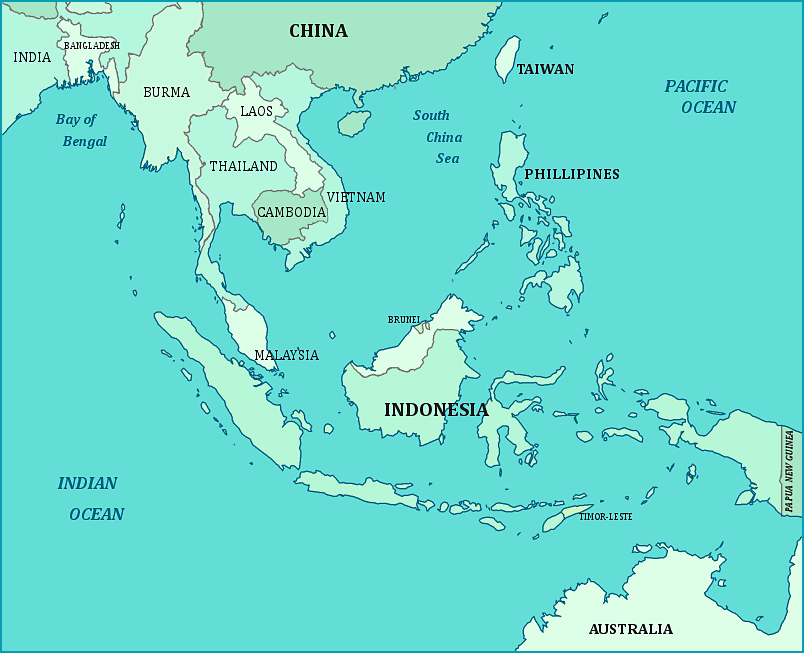
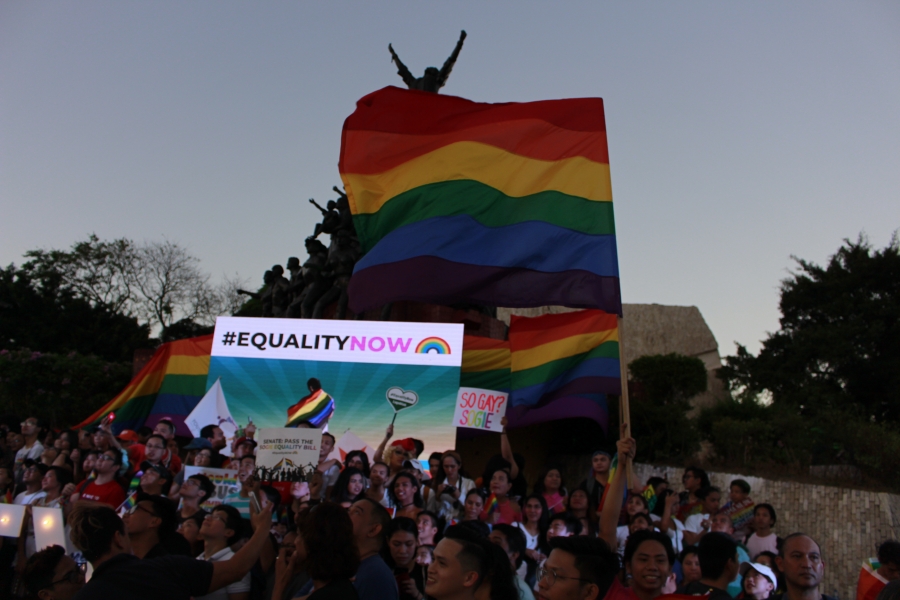
Philippines
In general, LGBTQ+ rights in the Philippines are very limited. Advocacy groups have spent the last two decades focusing on LGBTQ+ anti-discrimination laws, however, there have been no legislative advancements in the area. Furthermore, many LGBTQ+ Filipinos live in poverty or have low economic statuses. One reason for this is discrimination in schools, resulting in many LGBTQ+ people not finishing their education. Another common challenge faced by LGBTQ+ Filipinos is limited employment due to harassment from coworkers and employers, causing negative impacts on mental and physical health. These health problems are further exacerbated by the lack of affirming healthcare in the country. Non-LGBTQ+ Filipinos have stated that LGBTQ+ people are generally accepted in Filipino society, however, LGBTQ+ Filipinos still face many challenges that lead to economic exclusion.
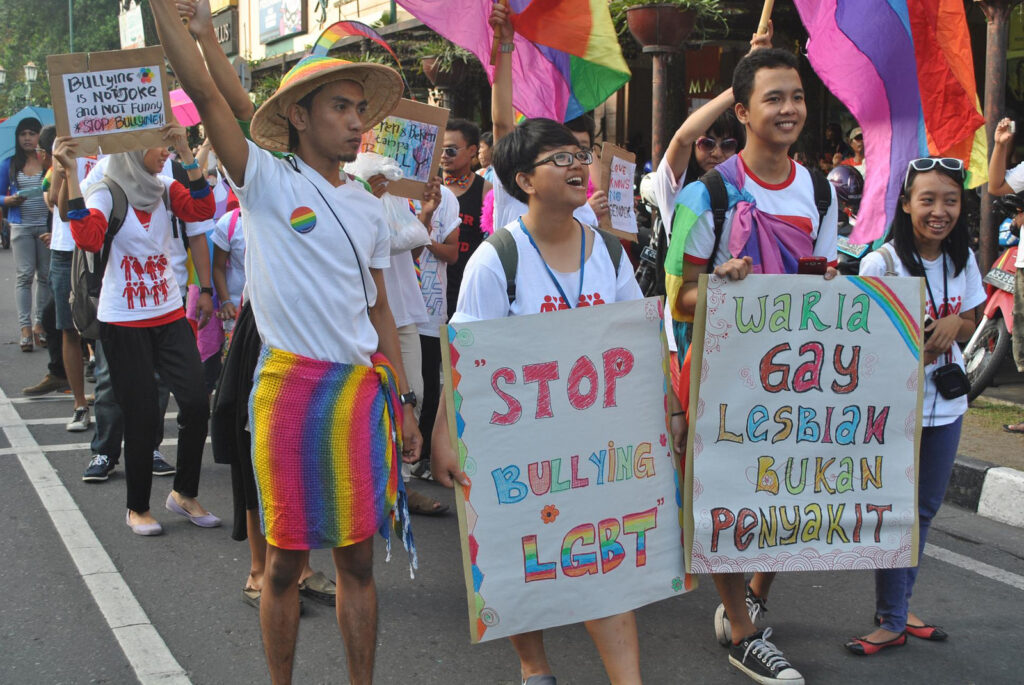
Indonesia
Homosexuality is currently legal in Indonesia; however, the population continues to be very unaccepting of the LGBTQ+ community. These opinions held by the majority of the population are endorsed by the Indonesian government’s laws that prohibit same-sex marriage and offer LGTBQ+ Indonesians no protection against employment discrimination. LGBTQ+ people in Indonesia receive little to no support from outside sources, such as family, friends, or the government, therefore, they are expected to be financially independent. This proves difficult considering that most LGBTQ+ Indonesians face extreme economic exclusion. Examples of economic discrimination against the community include harassment and prejudice by coworkers and employers. Employers may avoid hiring LGBTQ+ people with no consequences. This discrimination is more extreme for people who are transgender, as they often are not able to conceal their gender expression as other members of the LGBTQ+ community might.
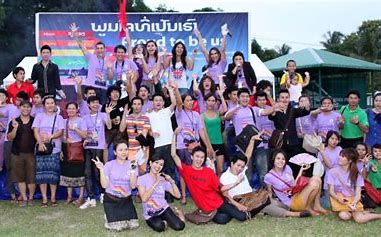
Laos
Similar to other places around the world, Laotian society is becoming more accepting of the LGBTQ+ community, however, the group still experiences discrimination, especially in the workplace. Currently, there are no laws regarding the protection of LGBTQ+ people in Laos. Discrimination of the community is often seen in private sector employment, where many LGBTQ+ employees face discrimination, harassment, and exclusion. Due to this, countless people avoid applying for jobs out of fear of being reject because of their identity, Furthermore, LGBTQ+ people from Laos continue to struggle economically as they cannot rely on support from society, family, or the government due to widespread unacceptance for those breaking traditional sexual orientation and gender identity.
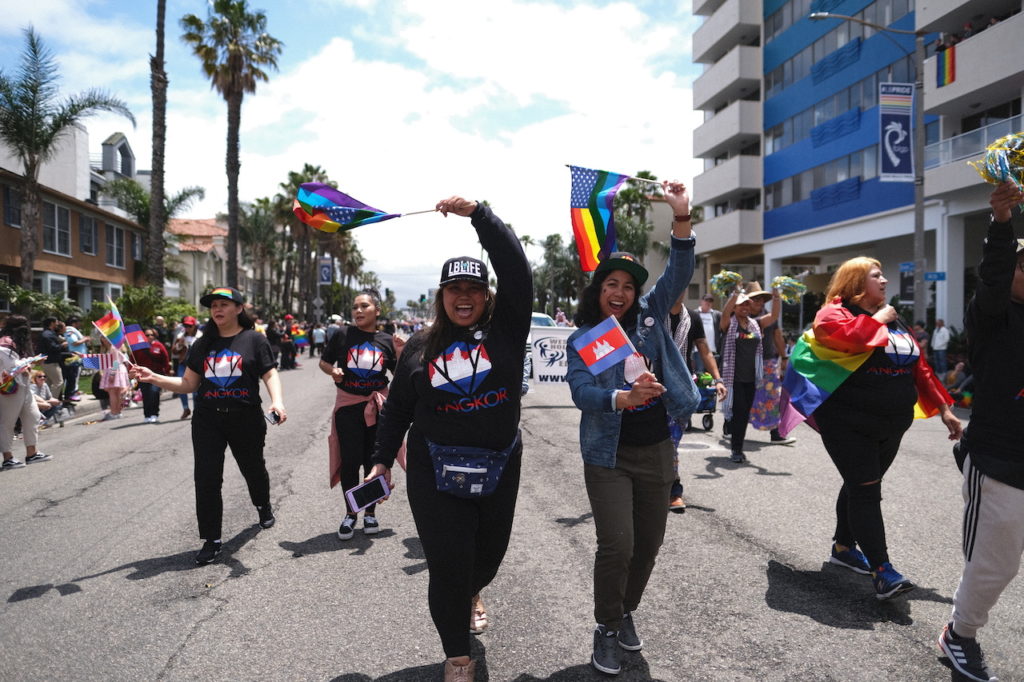
Cambodia
Lastly, in Cambodia, there are no laws against LGBTQ+ workplace discrimination. Workers who do not conform to typical gender and sexuality norms face barriers in the job market. These challenges include discrimination, harassment, and bullying. Many LGBTQ+ Cambodians face poverty because they are unable to find jobs and cannot access financial services, such as loans. A common concept among the LGBTQ+ population in Cambodia is that stepping out of poverty will allow them to be more influential in their families and communities despite being a part of the LGBTQ+ community, which is viewed negatively in Cambodian society.